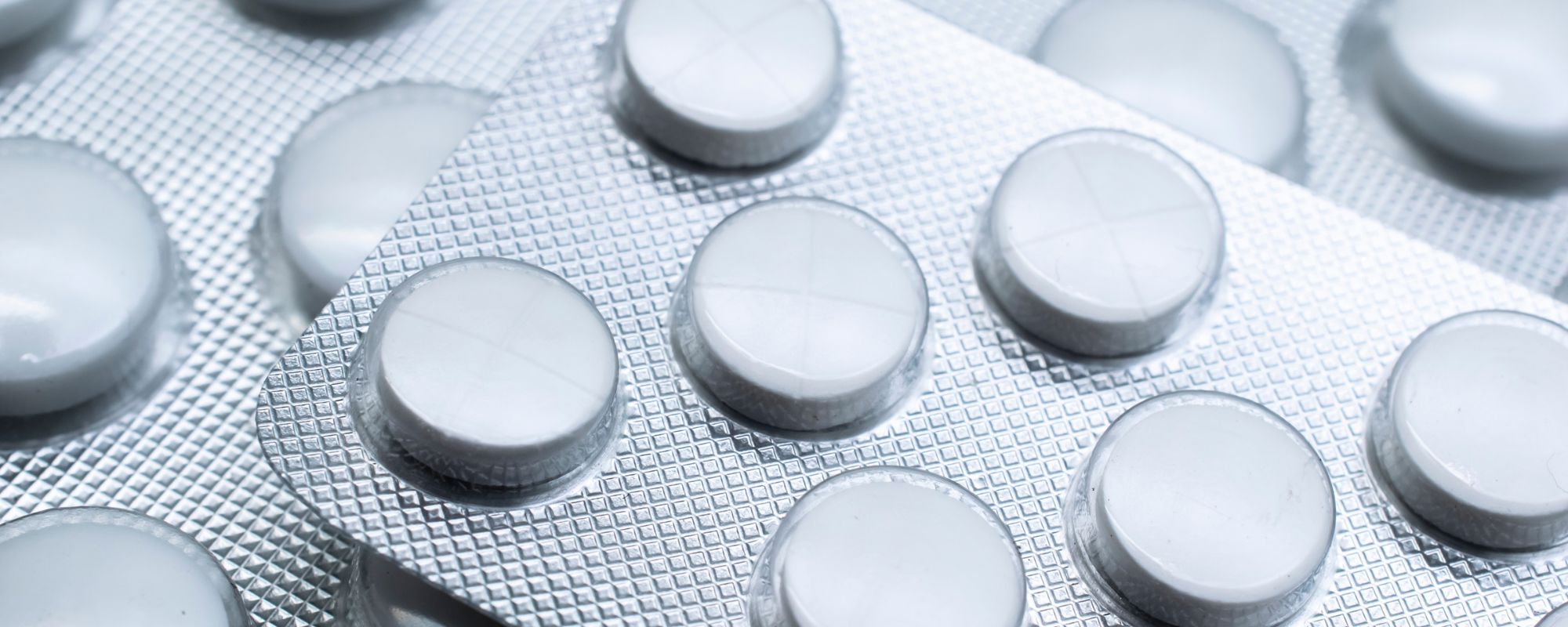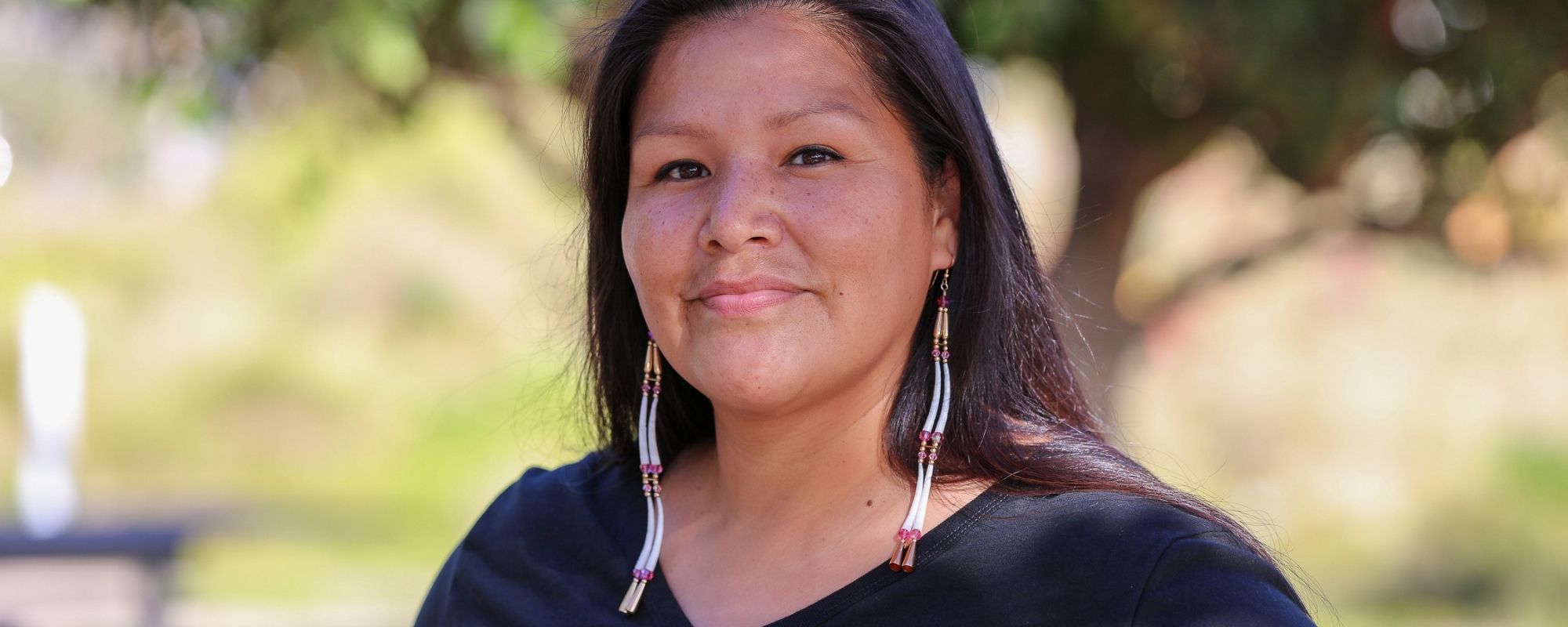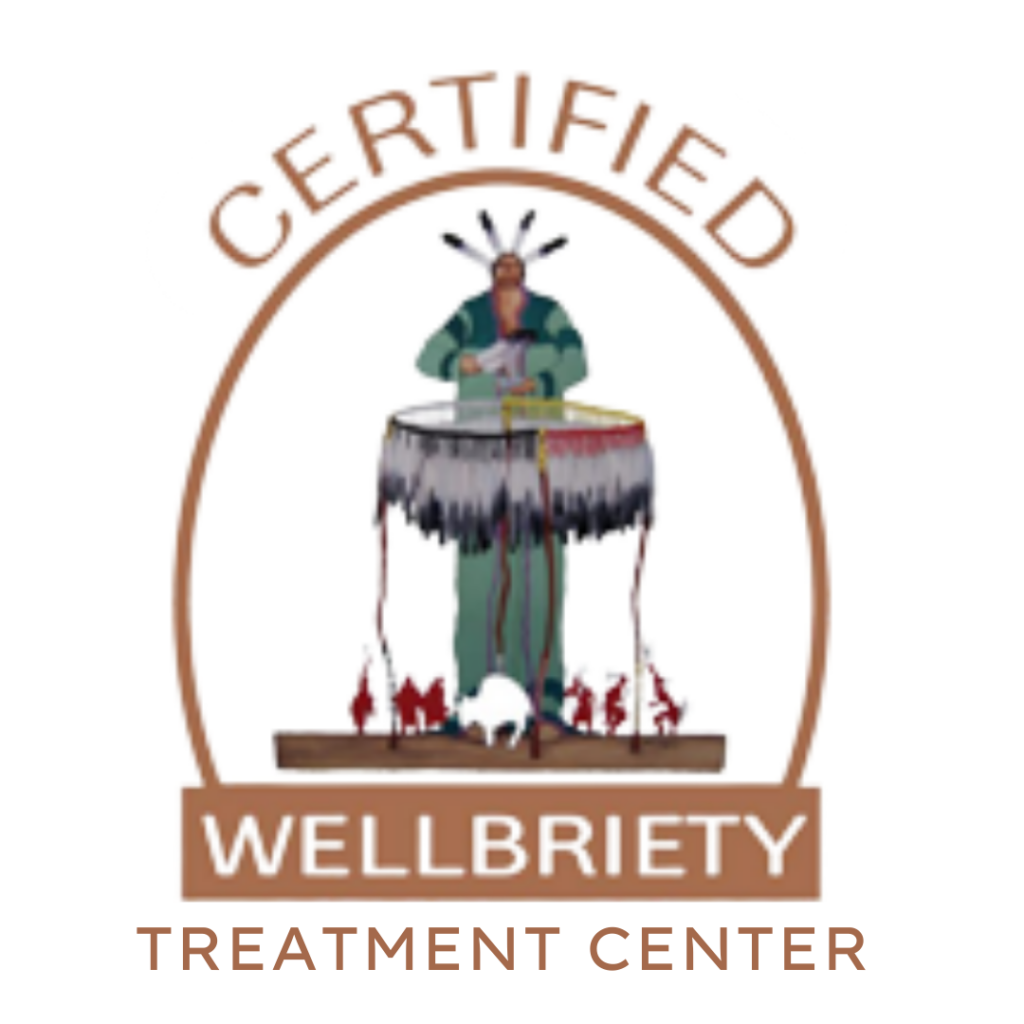Needle exchange programs, sites where IV drug users can exchange used, or “dirty,” needles/syringes for sterile ones, are hotly disputed in the U.S. at a time when the opioid crisis is at a peak. Heroin— one of the most common drugs injected at these sites— use is on the rise, with nearly 1 million Americans reporting using the drug in 2016, and has been since 2007 (National Institute on Drug Abuse). Because the drug is commonly injected, heroin is closely tied to the spread of contagious blood diseases such as Hepatitis C and HIV.
One study by the National Institute of Health (NIH) found that every dollar invested in a syringe exchange program is the equivalent of six dollars saved in HIV-associated costs. So, are needle exchange programs perpetuating America’s opioid crisis, the epidemic killing over 140 Americans every day or are they saving lives and money (National Public Radio).
The good and bad of needle exchange programs
The idea behind needle exchange programming is that drug users will use regardless, so they might as well be given the option to do so in a way that limits the spread of bacteria and contagious diseases. Studies have shown that needle exchange programs effectively reduce disease transmission, and over 300 programs are in place across the country. Many exchanges also offer on-site medical care, which can help prevent fatal overdoses; infectious disease screening; and resources to help people find treatment.
Still, less than 40 percent of Americans support the legalization of community needle exchange programs, according to researchers at the Johns Hopkins Bloomberg School of Public Health. The same study found that those who do not support legalizing safe injection sites (places where drug users can, essentially, legally use drugs) and needle exchange programs tended to have “very negative” views of opioid users.
Stigma surrounding opioid abuse, and drug abuse generally, often revolves around the idea that those in active addiction engage in criminal activity and that needle exchange programs promote drug use. Needle exchange programs are actually associated with increased participation in treatment programs (NIH). Since the 1990s, numerous studies have shown that needle exchange programs are not just effective in reducing overdose deaths and the spread of disease, but also safe and cost-effective. It has also been found that exchanges do not increase drug use.
Regional pushback
As of April 2018, there were just 333 exchange programs in 33 states and Washington, D.C., according to the North American Syringe Exchange Network. It took four years for the University of Miami’s IDEA Exchange to be approved in Miami-Dade county, where some neighborhoods are flooded with homeless drug users and dirty syringes.
The exchange is located in Miami’s Overtown neighborhood and is the only legal needle exchange in Florida, the rehab capital of the country. South Florida in particular faces serious issues stemming from drug abuse; the few counties that comprise it lead the country in new HIV diagnoses, and cities like Delray Beach have the highest concentration of rehab centers and halfway programs in America.
Pushback is not limited to large, urban areas like Miami/South Florida. More rural places like Charleston, West Virginia, are seeing surges in illegal drug use as the opioid crisis rages across the country, as the community rallies against exchange programs.
Heroin, fentanyl, and needle exchanges
The highly addictive illegal opioid is dangerous enough on its own, but the pervasiveness of opioid synthetic fentanyl makes it even deadlier. Fentanyl is increasingly being cut into heroin, or being sold as heroin, and a very small amount can be fatal. Many unknowingly use too much and overdose immediately. Though a clean syringe cannot, of course, prevent overdose, should someone overdose at a a needle exchange, on-site medical staff can administer Narcan to reverse opioid effects and save a life.
Treatment for heroin
Royal Life Centers at the Haven treats dependence on heroin and opioids, as well as as methamphetamines, benzodiazepines, alcohol, and cocaine. Our medical detox and holistic, evidence-based therapy program are designed to effectively treat substance addiction and abuse. Please reach out to our admissions team at (877)-RECOVERY with any questions or concerns you may have.
























